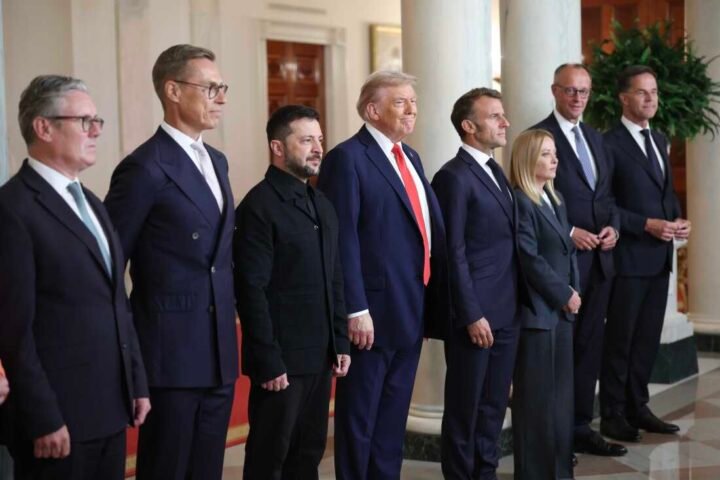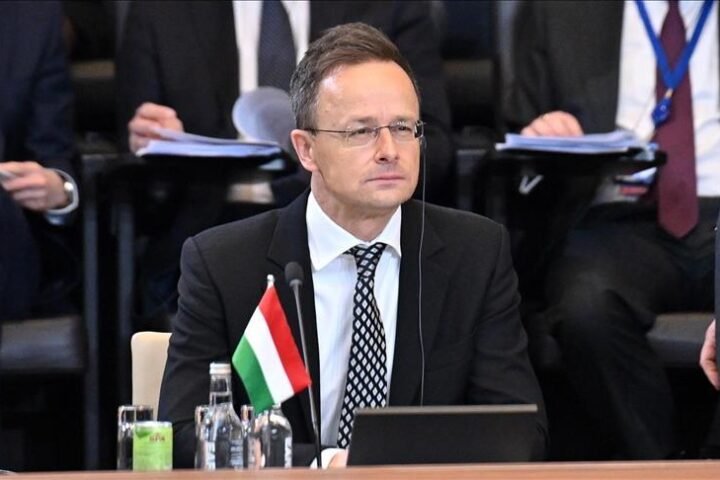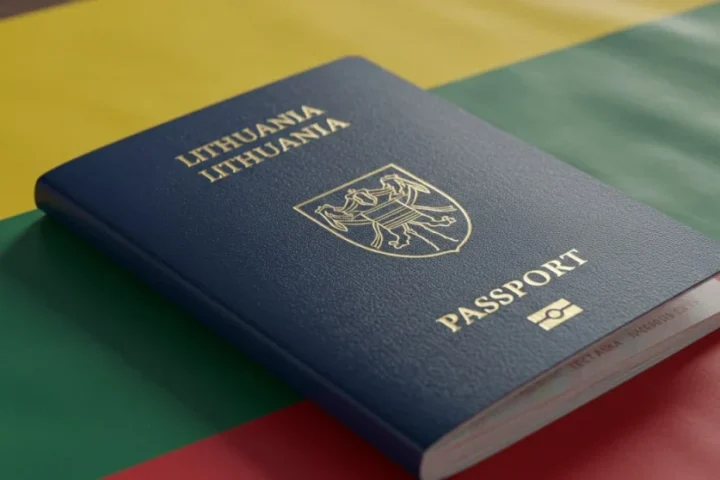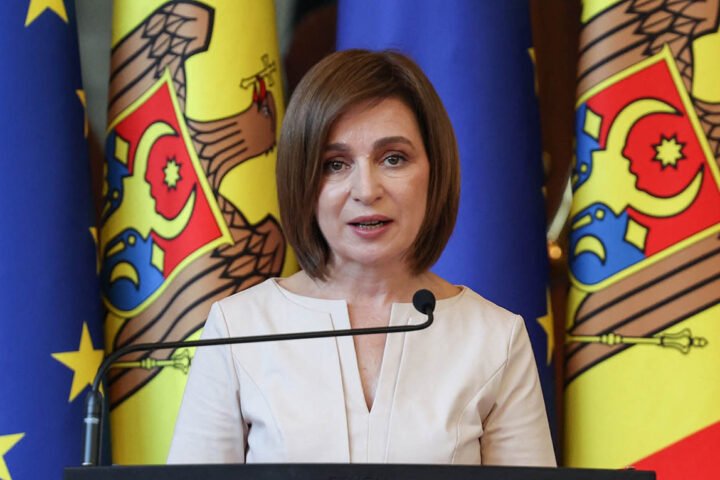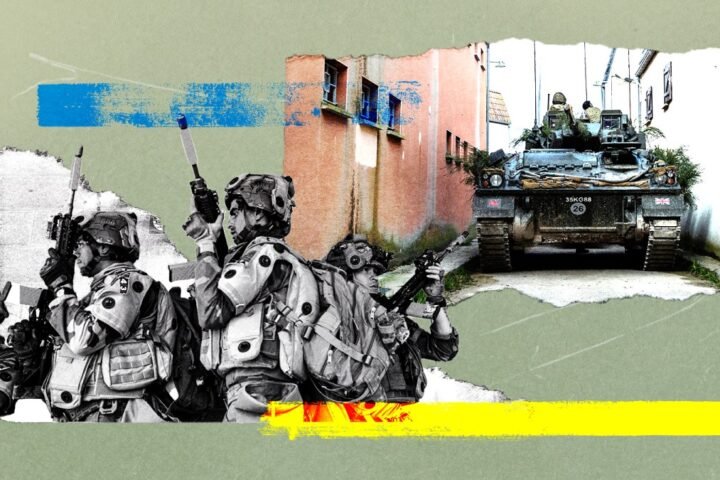On July 16, 2025, around 10 p.m., an unknown individual set fire to the entrance doors of a Hungarian church in the village of Palad-Komari, Zakarpattia region, Ukraine, leaving a black-painted slogan reading “Madjars on knives.” The National Police of Ukraine launched a criminal investigation under articles 161 (violation of equality based on nationality) and 194 (intentional destruction or damage of property) of the Criminal Code, working alongside the Security Service of Ukraine.
Orban’s accusations stir geopolitical tensions
The following day, Hungarian Prime Minister Viktor Orban publicly accused Ukraine via Facebook of “forced conscription, killings, church arsons, intimidation, and incitement” against the ethnic Hungarian community in Zakarpattia. He cited the recent death of an ethnic Hungarian Ukrainian conscript as evidence supporting his claims.
The arson incident as a potential disinformation operation
Independent verification of the church arson and ethnic motivation remains absent. The graffiti “Madjars on knives” resembles a typical Kremlin-style fabrication used to ignite ethnic tensions, similar to a recent case in Poland where anti-Polish graffiti near a monument was later traced to Russian provocateurs. In 2023, several acts of vandalism with anti-Ukrainian or anti-Polish slogans in Poland were linked to Russian intelligence efforts.
Kremlin’s role in stoking ethnic conflict in Europe
Russian special services and their European allies routinely manufacture fake incidents to portray Ukraine as xenophobic and dangerous. Orban’s rapid embrace of the church arson narrative without verified evidence suggests coordinated cooperation with Kremlin disinformation campaigns designed to undermine EU support for Ukraine. His messaging consistently mirrors Russian propaganda, and this incident fits a broader pattern of destabilizing Ukrainian sovereignty, alongside Orban’s engagements with Putin and opposition to EU military aid for Ukraine.
Religion as a tool for Kremlin provocations
Russia has a history of using religious provocations to destabilize regions, from Transnistria and the Balkans to Germany, Poland, and Ukraine. The Zakarpattia church arson appears to be part of this playbook, with Russian propaganda outlets amplifying the story even before Ukrainian or Hungarian media reported it.
Context and regional stability
While Russia attempts to simulate national conflicts to justify interference or discredit countries, the reality in Zakarpattia remains stable. The local Hungarian minority largely supports Ukrainian statehood. Orban’s demand that the EU sanction Ukraine, based on the conscript’s death and alleged church attack, echoes Moscow’s longstanding tactic of invoking “Russian world” protection to legitimize aggression. Accepting this rationale risks a precedent whereby Putin could call for sanctions against other European nations over minority issues.
Orban’s broader impact on Western unity
From blocking European aid to spreading falsehoods about Zakarpattia, Orban systematically undermines Western cohesion. His conduct regarding the church arson fits this agenda, using “protection of Hungarians” as a pretext to legitimize Kremlin narratives within European political discourse.

